"Funny that it took a comet to trigger a small but radical change in my life. In the years until then, I'd been sieving the contents of my days with ever finer mesh, trying to sort out those sharp and nasty bits that were causing me grief: bad ideas, pointless habits, robotic thinking. Like anybody, I wanted to find out if my life, while technically adequate, had become all it was ever going to be. If I could just keep things going on their current even keel for a few more decades, the coroner could dump me into a peat bog without ever having once gone fully crazy." (p. 3)
Such is the glimpse into the life of Liz Dunn, the frumpy mid-30s female protagonist of Douglas Coupland's latest novel,
Eleanor Rigby (copyright 2004; published by Bloomsbury Publishing).

This not a Christian book, and this is not a CBA author. Rather, Coupland tends to see a great deal of truth in life, and that truth often involves people's perceptions of God and the world through some sort of naive or cynical faith. I first read Coupland's
Life After God in the mid-80s, and still consider it as one of the best collections of stories/essays on growing up and dealing with life as a post-Boomer. Last year, I read
Hey, Nostradamus and knew that Coupland had nailed something on church youth groups, growing up and out of those groups, and living in general as people of faith, at least some kind of faith.
In this novel, Coupland channels the manic near-stream of conscious thoughts of Liz, mid-30s, lonely, tired of being so uptight and just now changing her mindset to let whatever happens happen - and WHAM, a young man is dropped into her otherwise drab life. If it's not enough to get wisdom teeth pulled (man, that brought back some painful memories for me, too) and have to deal with her paranoid mom and overworked siblings - the night after first seeing the Hale-Bopp comet, she receives a call from the emergency room, where a 20-year-old male has been brought in to recover from a drug episode, wearing a medalert bracelet with her name. And she has no idea who this new character is - what a wonderful plot twist.
Through flashback and flashbacks within flashback, Coupland places us inside Liz's head - lonely but a fighter, holding onto some dignity while others might not even see that she's there. In deciding to not live her life as a spinster hostage, and then almost immediately receiving the opportunity to move way way beyond what had become a comfort zone, Liz is ready for the changes ahead. I think that's why I empathized with her and her life - not only about the same age, but also making the decision to just live life, meaningful life, beyond the drudgery life - and then seeing that twist of fate open up a whole new pathway.
Maybe it's too cleancut - if she had not made the inner decision, what would her life look like with the stranger coming in being less than welcome? What would it look like if she held more stubbornly to her privacy and what little grip she had or thought she had? What if she tried to keep control, instead of realizing that "control" was a facade and needed to be discarded? Those are the questions that have come to me in my own life, and Coupland just used the characters and plot to bring them around in my head again.
Finding new life and new meaning in her relationship with Jeremy (the 20-year-old with a spunk about selling mattresses!), she discovers new things about herself. If we need anything as indivudals and as communities of friends, it's to see each other in new ways, humanizing ways, meaningful ways - and in finding herself, Liz becomes a more heroic figure than she probably thought possible pre-Hale-Bopp.
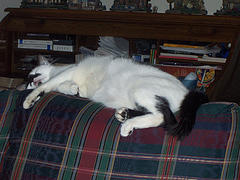
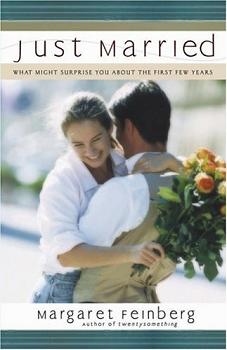



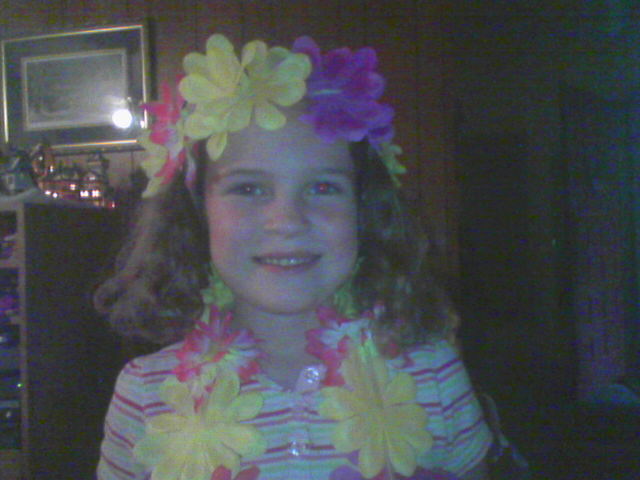
 We saw that sign coming out of Chili's one night, and I loved the juxtaposition of "park here for carry out" and "we'll crush & melt your car". I feel the same about this blog, in a less violent way most of the time. Besides, the earlier self-portrait was ruining my secret identity.
We saw that sign coming out of Chili's one night, and I loved the juxtaposition of "park here for carry out" and "we'll crush & melt your car". I feel the same about this blog, in a less violent way most of the time. Besides, the earlier self-portrait was ruining my secret identity.




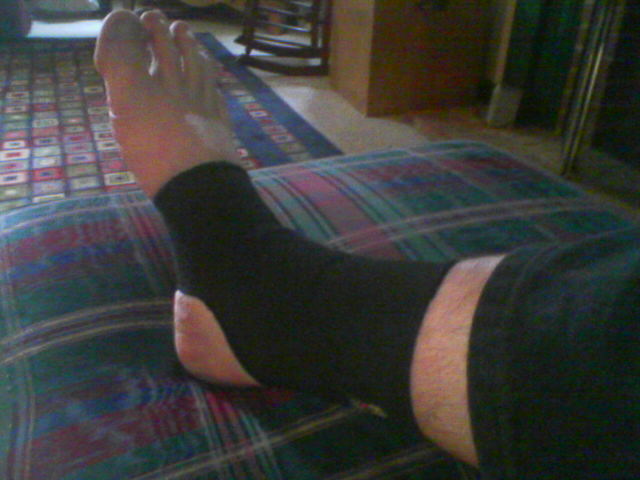

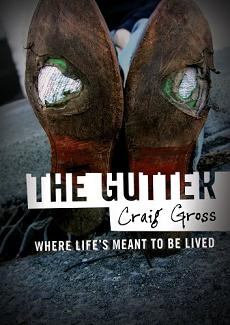

 This not a Christian book, and this is not a CBA author. Rather, Coupland tends to see a great deal of truth in life, and that truth often involves people's perceptions of God and the world through some sort of naive or cynical faith. I first read Coupland's
This not a Christian book, and this is not a CBA author. Rather, Coupland tends to see a great deal of truth in life, and that truth often involves people's perceptions of God and the world through some sort of naive or cynical faith. I first read Coupland's 
